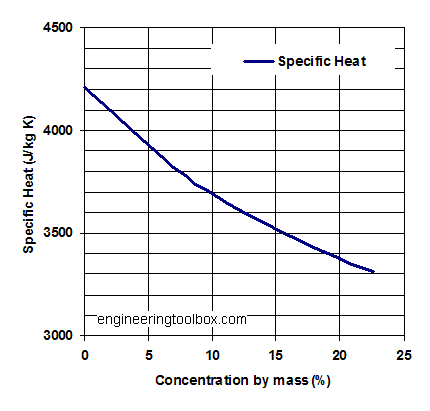BucksnDucks
Well-known member
Howdy Randy,
I might be a little late but just listened to your podcast from a few months ago when you talked meat care and milk jug ice. I've been using frozen jugs just as you described with the exception of using salted water. Salt water freezes at a lower temp and ice stays frozen longer. I use all sizes and really like the small square one liter water bottles.
Steve
I might be a little late but just listened to your podcast from a few months ago when you talked meat care and milk jug ice. I've been using frozen jugs just as you described with the exception of using salted water. Salt water freezes at a lower temp and ice stays frozen longer. I use all sizes and really like the small square one liter water bottles.
Steve





